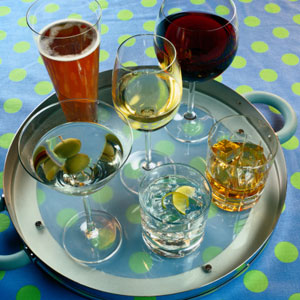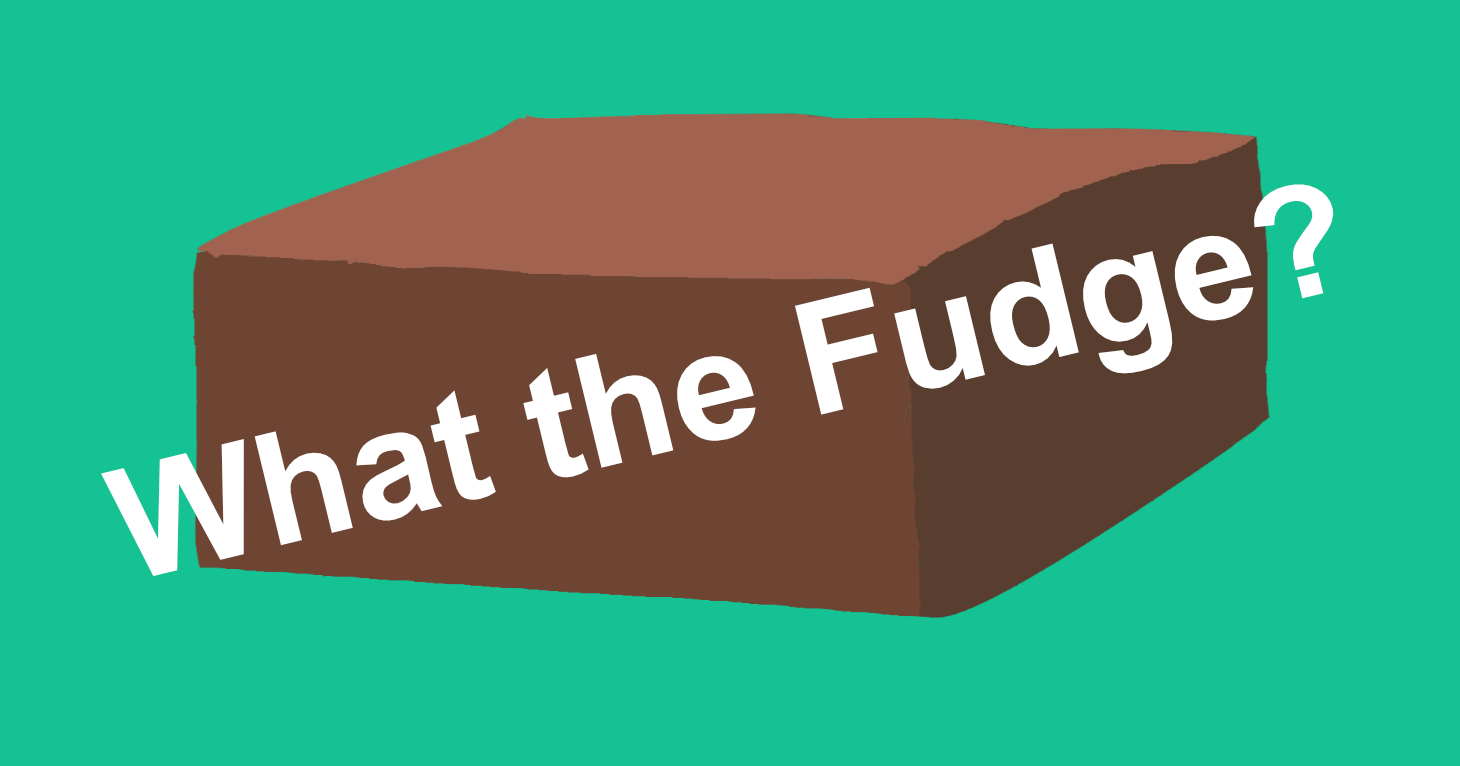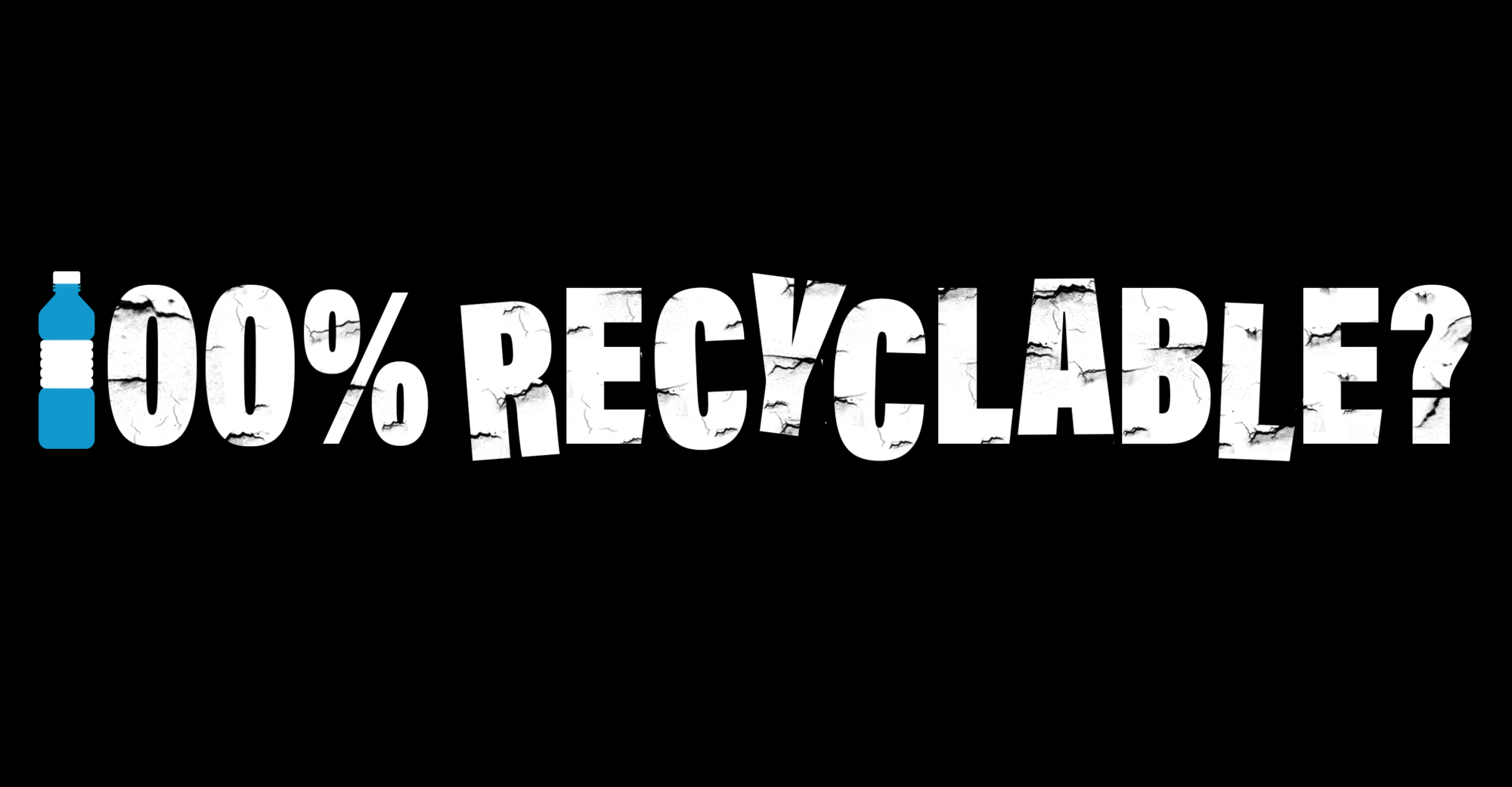
Best Reader Tips of 2021
This year reader tips led to dozens of ad alerts, as well as a complaint to regulators.
 Though it may be hard to believe, the alcohol advertising industry is self-regulated. What does that mean? It means it’s its own boss and makes up its own rules when it comes to marketing and advertising.
Though it may be hard to believe, the alcohol advertising industry is self-regulated. What does that mean? It means it’s its own boss and makes up its own rules when it comes to marketing and advertising.
The three main trade associations that govern the industry are the Beer Institute, the Distilled Spirits Council of the United States, and the Wine Institute. All three associations have voluntary advertising codes with similar provisions about the placement and content of ads.
For example, the codes state that:
(If you’re interested in reading more about the codes, click here for the Beer Institute’s Advertising & Marketing Code, here for the Wine Institute’s Code of Advertising Standards, and here for the Distilled Spirits Council’s Code of Responsible Practices for Beverage Alcohol Advertising and Marketing.)
But no matter how stringent the codes are, the fact remains that the industry governs itself, which means that if someone breaks the rules, chances are nothing too bad will happen to them. That said, the FTC and the TTB can still step in if the ads are deceptive or unfair. And that’s just what they did when some ads for caffeinated alcoholic beverages claimed to keep drinkers alert and to counteract the effects of consuming alcohol but withheld information about the additional health risks associated with drinking the products.
In 2010, the FTC sent letters to marketers of caffeinated alcohol drinks, warning them that marketing such beverages may constitute an unfair or deceptive practice that violates the FTC Act. Around the same time, the TTB also issued warning letters to caffeinated alcohol drink companies notifying them that their products were potentially mislabeled under the FAA Act.
The result? The companies either changed their labels, changed their formula, or stopped making their alcoholic energy drinks altogether.
This year reader tips led to dozens of ad alerts, as well as a complaint to regulators.
Lawsuits allege brownie brands and others lack the essential dairy ingredients to call their products fudge.
Bottled-water brands mislead consumers who want to “do their part” and recycle, class-action lawsuits allege.

